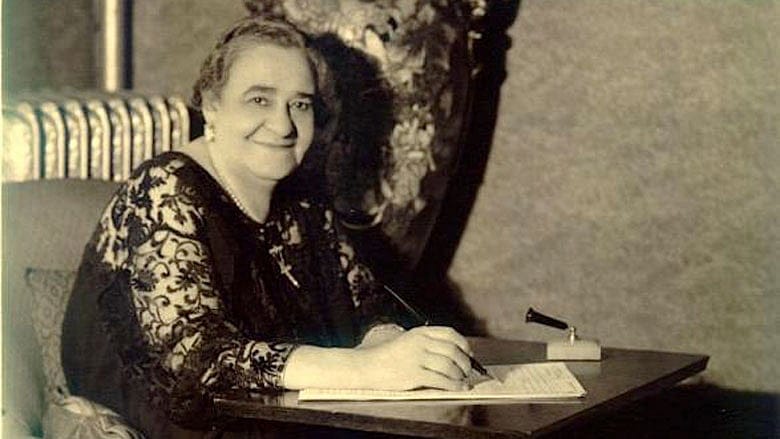Maggie Walker’s journey ‘up on the rough side of the mountain’

Faced with the oppressive challenges that plagued Maggie Walker (1864-1934), most people would react with defeatist resignation or bitter resentment. Not so with this enterprising pioneer, the first African-American woman to charter a bank, which she founded to foster black entrepreneurism during the dreadful Jim Crow era. Devoted to public service, Walker took over a bankrupt charitable organization and transformed it into a 100,000 member organization spanning 24 states, and launched its bank, newspaper, and community store to improve the lives of her beleaguered community.
[perfectpullquote align="left" cite="" link="" color="#000000" class="" size=""]"I was not born with a silver spoon in my mouth, but instead, with a clothes basket almost upon my head. I have come up on the rough side of the mountain." — Maggie Walker[/perfectpullquote]

